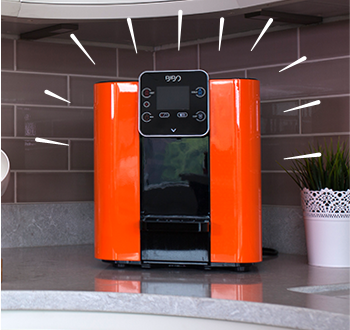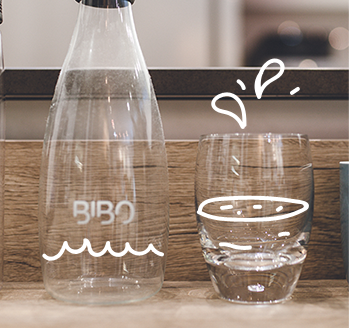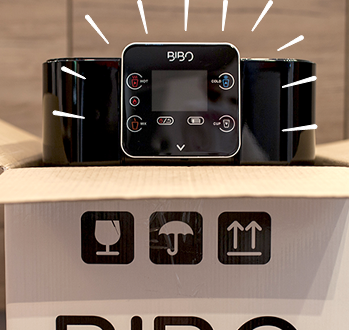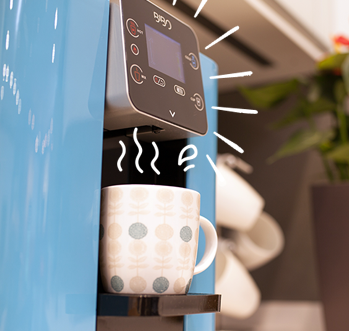Water isn’t just a life-sustaining necessity; it’s a tonic for your overall well-being. Understanding how water assists your body is essential to maintaining a healthy and vibrant life. By staying adequately hydrated, you’re actively contributing to healthy bodily functions. In this article, we’ll delve deeper into the fascinating ways water benefits your body, from facilitating temperature control to protecting your cardiovascular system. Let’s embark on this journey to discover how this simple yet remarkable substance is your body’s best friend.
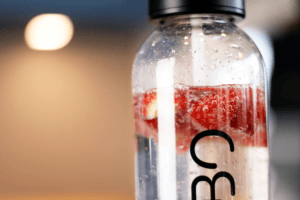
How Does Water Help your Body?
It’s common knowledge that while humans can survive for weeks without food, the body can’t endure more than two to three days without fluid. But do you know why? Below are some of the most crucial reasons to drink water and the role it plays in your vital bodily functions:
Control body temperature
Perspiration acts as your body’s personal cooling system. When your body heats up, you sweat to cool down.
Manage blood pressure
Drinking more water relaxes your blood vessels and lowers your blood pressure.
Protect heart health
Some research suggests that good hydration can prevent or slow heart changes that could lead to heart failure.
Regulate bowel movements
Water softens stools, making them easier to pass: the more fluids you drink, the easier it is for your body to eliminate waste.
Transport nutrients and oxygen
Water carries nutrients and oxygen to your body’s cells.
Regulate mood
Hydration calms your nerves, helping maintain the delicate balance of dopamine and serotonin in your brain.
Lubricate and protect the body
Water helps to keep your joints flexible and protects your spine.
Get rid of waste
Water helps your kidneys flush out waste and toxins via urine.
Maintain a healthy metabolism
Water helps your body break down food. This begins with saliva, which helps with swallowing, and continues with the absorption of nutrients through digestion.
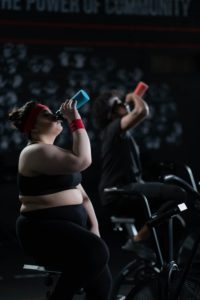
Retain Moisture
Water keeps the tissues in your body moist, such as your eyes, where water helps form tears.
So how much water do you need to support all this activity? Your body is constantly losing water through breathing, sweating and going to the toilet. In addition, physical activity and hot weather increase water loss.
Daily water intake recommendations
The standard recommendation is to drink six to eight glasses of water daily to combat dehydration. This is based on 200ml servings, meaning daily fluid intake should be between 1200ml and 1600ml. However, your unique needs are influenced by various factors, from weight and age to activity level, environmental temperature and health conditions. So it’s best to listen to your body. It will send out warning signals if it becomes dehydrated.
8 signs of dehydration
Whilst we can’t know exactly how many people suffer from dehydration around the world on any given day, the International Longevity Centre (ILC) UK reported that a quarter of all care home patients who are admitted to the hospital are dehydrated. That’s why it is so important to look out for the signs:
- thirst
- headaches
- dizziness
- tiredness
- dark coloured or strong-smelling urine
- poor concentration
- constipation
- dry mouth, lips or eyes

Nearly all the body’s major systems depend on water to function and survive. So if you notice any of these signs, make topping up your hydration levels an immediate priority. You might be surprised how quickly you feel much better.
However, prevention is better than cure! If you need some hydration hacks to make drinking water effortless, convenient and fun, check out our tips and tricks. Alternatively, why not experiment with some delicious sparkling water recipes.
But don’t worry; even plain water tastes delicious with a water filter. The BIBO Classic uses a multi-stage filtration system with a silver-impregnated carbon block filter and a powerful UV lamp, leaving your water pure and delicious.
The Bibo Classic also cools and heats water at the touch of a button: perfect for summer refreshers and winter warmers to help you feel your best all year round.



